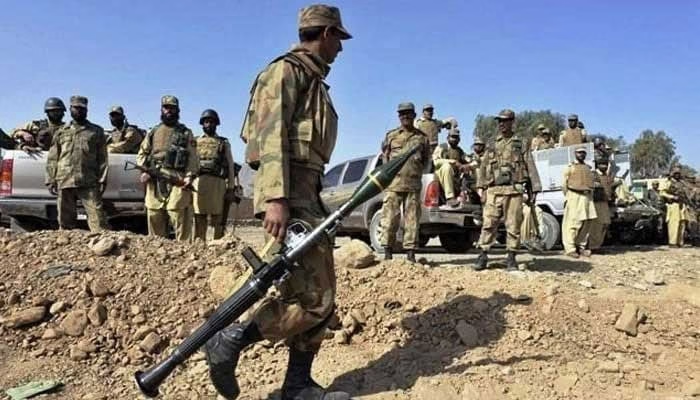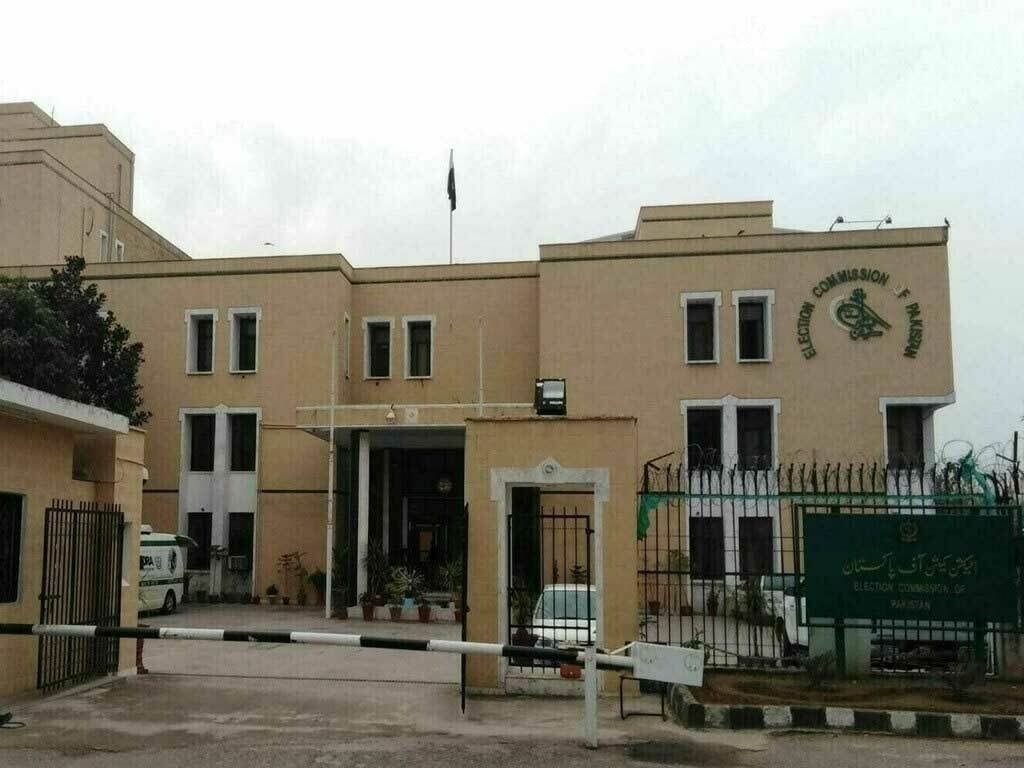Security forces kill 47 terrorists in Zhob during a large-scale operation that lasted from August 7 to 9, preventing a major infiltration attempt along the Pakistan-Afghanistan border. According to security sources, the group of militants was part of Indian proxy Fitna al-Khwaraj, a term used for the outlawed Tehreek-e-Taliban Pakistan (TTP). The incident highlights Pakistan’s growing security challenges and the increasing cross-border threats emerging since the Taliban’s return to power in Afghanistan in 2021.
The Operation in Zhob
The operation unfolded in Sambaza, a border region of Zhob District in Balochistan. Security forces detected suspicious movement of terrorists attempting to cross the border into Pakistani territory. After days of surveillance and precise action, all 47 militants were neutralized.
Sources confirmed that most of the militants killed were Afghan nationals, once again underlining the issue of Afghanistan’s soil being used as a launching pad for terrorist activities targeting Pakistan.
The scale of this operation and its outcome demonstrate both the vigilance of Pakistani security forces and the ongoing threats posed by groups like TTP and their regional backers.
Rising Cross-Border Terrorism
Pakistan has witnessed a surge in cross-border attacks since 2021, when the Taliban regained control of Afghanistan. Bordering provinces such as Khyber Pakhtunkhwa and Balochistan have become the prime targets of these infiltrations.
Recent figures from the Pakistan Institute for Conflict and Security Studies (PICSS) highlight the alarming trend. In June 2024 alone, the country experienced 78 terrorist attacks, resulting in 100 deaths. The victims included:
- 53 security personnel
- 39 civilians
- 6 militants
- 2 members of peace committees
Additionally, 189 people were injured in these attacks, including 126 security personnel and 63 civilians.
These numbers reflect the scale of the problem, emphasizing that despite successful operations like the one in Zhob, the challenge of militancy remains a pressing concern for Pakistan’s internal security.
Security Forces’ Ongoing Role
The operation in Zhob is not an isolated incident. Pakistan’s security forces have been consistently engaging militants across multiple regions to safeguard the nation from destabilization. Their efforts include both proactive border monitoring and intelligence-led strikes against terrorist hideouts.
The neutralization of 47 militants in one operation sends a strong message to terrorist groups that infiltration attempts will not succeed. It also reassures the public that the state remains determined to protect its citizens against violent extremism.
Broader Implications for Regional Security
The fact that most of the terrorists killed in Zhob were Afghan nationals underscores the fragile security situation in the region. Pakistan has long raised concerns about cross-border militancy and the need for effective counterterrorism cooperation with Afghanistan.
The resurgence of the TTP and similar groups has created friction in bilateral relations. Pakistan insists that Afghan soil should not be used for attacks against its people. However, the frequency of such incidents suggests gaps in border control and enforcement.
The Zhob operation adds weight to Pakistan’s call for international attention toward the growing terrorism threat in South Asia. Regional peace and economic development remain difficult as long as cross-border terrorism persists.
Civilian and Security Force Sacrifices
While operations like this one bring some relief, the cost of terrorism remains heavy. In just one month, more than 175 deaths were recorded due to terrorist incidents and counter-operations. Among them were 55 security personnel, highlighting the sacrifices made by Pakistan’s armed forces in defending the country.
Civilians too continue to bear the brunt of these attacks, with families losing loved ones and communities living under constant fear. Such sacrifices underline the urgent need for sustained counterterrorism strategies, stronger border management, and regional cooperation.
The operation in Zhob, where security forces kill 47 terrorists, represents a significant achievement in Pakistan’s fight against terrorism. By preventing infiltration through the Afghan border, the forces safeguarded not only the residents of Balochistan but also the wider stability of the nation.
Yet, this victory also reflects the ongoing reality: terrorism remains a persistent and evolving threat. Pakistan’s resilience and the dedication of its security forces are evident, but long-term peace will require broader regional cooperation, stronger intelligence networks, and consistent global attention.
As the nation remembers the sacrifices of its soldiers and civilians, the Zhob operation stands as a reminder that Pakistan’s fight against terrorism is far from over—but the determination to defeat it remains stronger than ever.



